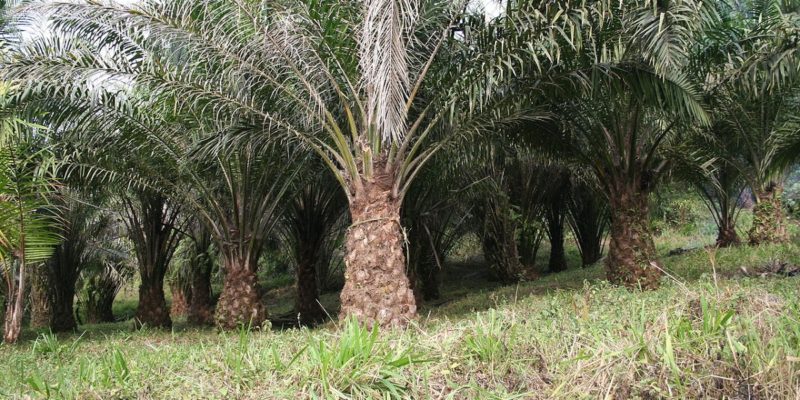The government has said it was currently directing major efforts in supporting cultivation of oil palm trees in Kigoma Region.
With about 80 percent of palm oil production originated from the region, Tanzania has yet to fully exploit and benefit from the crucial sector as relevant statistics depicts that the share of palm oil in local edible oil producing ranges only between 1 and 2 percent.
The Prime Minister, Mr. Kassim Majaliwa, told a public rally recently that the revival of oil palm tree cultivation was crucial in helping to achieve an industrial economy by 2025.
“As part of constructive strategies to industrialize the country’s economy, we are very determined to mobilize each and every resource we have, including making a sober use of all cash crops that flourish in different parts of Tanzania,” he revealed.
He added that the government was now sensitizing farmers in Kigoma Region to embark into large-scale palm production, which, however, called for more support.
“Most farmers in the region are facing a shortage of capital to allow them to venture seriously in oil palm cultivation projects,’ he observed.
He challenged key financial institutions in the country to support the endeavor by bankrolling capital loans to farmers in question.
To complement the initiative, the United Nations Food Agriculture Organisation (FAO), has announced it was teaming up with United Nations Industrial Development Organisation (UNIDO) and the parent ministry in a special project to improve local palm oil industry.
Titled ‘Accelerator for Agriculture and Agro-Industry Development and Innovation’ (3ADI+), the initiative concentrates on gathering capacity by local, national, regional and global actors to conduct a palm oil value chain analysis.
Throughout the project, smallholder farmers will be distributed by high-yield ‘
Records show that there are at least 30,000 smallholder farmers that grow oil palm trees, whereby, an estimated 1,000 farmers grow improved variety palm tree with the majority having old, low yielding variety trees which have yields as low as 1 to 3 tonnes of fresh fruit bunches.
Annual demand for edible oils, especially palm and sunflower oil in Tanzania, stands at 570,000 tonnes while domestic supply caters for only half of that demand.

















Comments